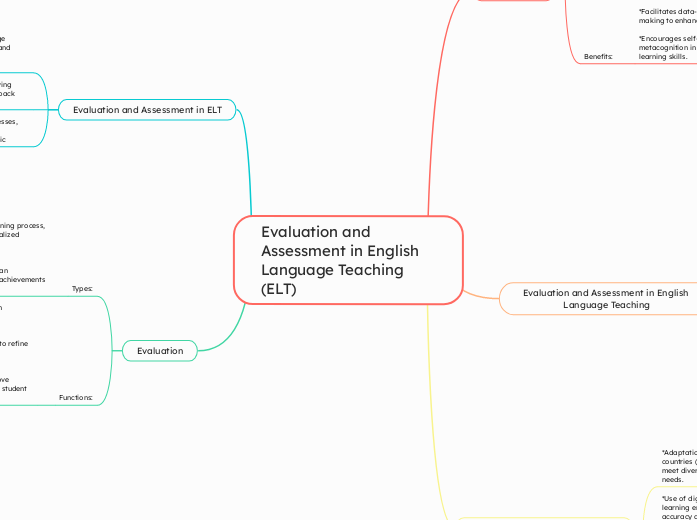przez González Jairo 9 miesięcy temu
66
Evaluation and Assessment in English Language Teaching (ELT)

przez González Jairo 9 miesięcy temu
66

Więcej takich